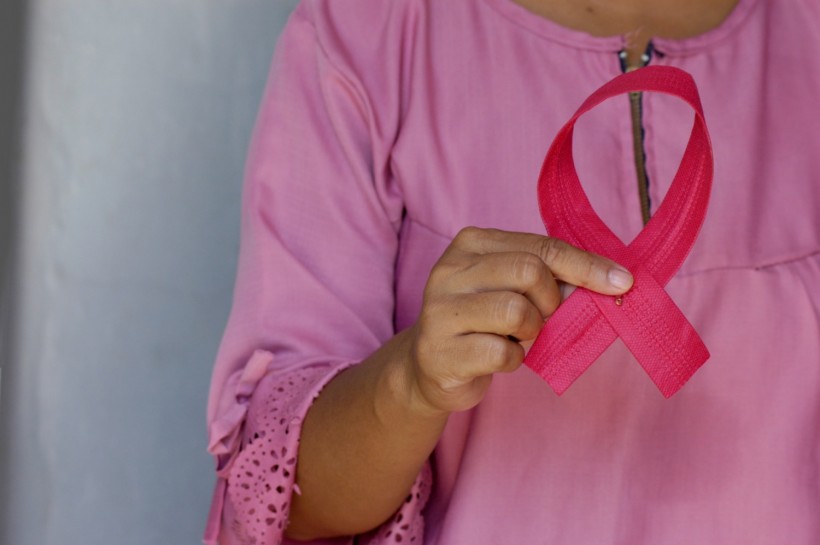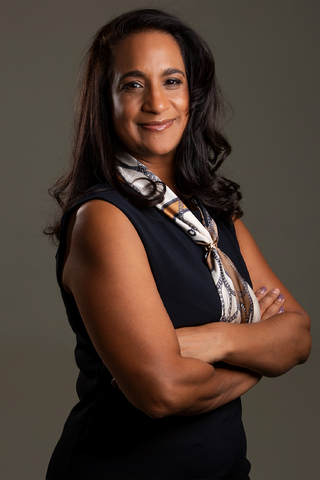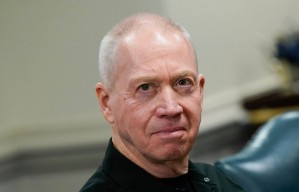
(Photo : Angiola Harry on Unsplash)
Even though the War against Cancer has already lasted 50 years, challenges to diagnosing and treating breast cancer remain. Former cancer researcher and founder of Music Beats Cancer Dr. Mona Jhaveri has been working to end cancer for most of her life.
According to her, a major obstacle prevents many promising treatments and technologies from reaching the patients that need them. She calls it the "Valley of Death."
What is the Valley of Death in breast cancer research?
"The Valley of Death is the gap in funding that prevents the application of cancer research discoveries into clinical treatments," Jhaveri explained.
When money dries up for scientists who are studying cancer-fighting technologies, they can be forced to leave their benches. As a consequence, their research fizzles out, and once-promising treatments are never given the opportunity to demonstrate their effectiveness.
"Most breast cancer research projects will fail before they get a chance to prove themselves," Dr. Jhaveri said. "This isn't because the science behind them is deficient. Rather, it's because they don't have enough funding to succeed."
The National Cancer Institute (NCI) is the largest source of financing for cancer research not only in the United States, but also worldwide. According to the Association for Clinical Oncology, however, "funding for the NCI has not kept pace with research opportunities. In 2021, the NCI could only fund 11% of viable applications, compared to 28% in 1997." Moreover, little of this dedicated government funding goes to translating the research into medical innovation.
"The SBIR program provides grants that support biotech startups, but it can be difficult to access this money," Jhaveri said. "Relatively speaking, there is not enough money in this program to fund most of the innovative ideas that are born from our academic and governmental research labs."
Solving the Valley of Death
Jhaveri understands this problem from personal experience. She was forced to shutter her own biotech startup, which was developing a new treatment for ovarian cancer, for financial reasons.
Fortunately, this painful experience also served to open Jhaveri's eyes and give her a new direction.
"I realized securing non-dilutive funding was the biggest problem facing our field, and the biggest contribution I could make was to solve this issue," she explained. "From that point on, my mission became supporting biotech start-ups that are actively working on promising solutions for cancer, and that's why I founded Music Beats Cancer."
To expand the funding base for cancer-fighting innovations beyond the NCI, Jhaveri decided to tap everyday people, turning to online crowdfunding.
"We emulated Kickstarter," Jhaveri said. "Like Music Beats Cancer, Kickstarter helps creatives raise funds for projects."
To date, Music Beats Cancer has successfully raised hundreds of thousands of dollars, infusing biotech startups with capital at critical junctures so they can go the distance.
The future fight against Breast Cancer

According to Jhaveri, the Valley of Death has specific implications for the fight against breast cancer.
"We need new screening methods for breast cancer," Dr. Jhaveri remarked. "Mammography is the best tool we currently have, but this technology doesn't have a reliable track record of detecting lesions in women with dense breast tissue. That demographic includes half of all women who are 40 years old or older."
Due to these limitations, "screening mammograms miss about 1 in 8 breast cancers," according to the American Cancer Society. This delays patients' diagnoses, which also delays their treatment.
Music Beats Cancer is currently preparing a donation campaign to fund a novel technology to treat / detect breast cancer.
Music Beats Cancer is preparing to launch its first ever "Battle of the Biotechs: Judged By Musicians." It's a virtual pitch competition for campaigns raising funds on the Music Beats Cancer platform. What makes this competition unique is that the judges are accomplished musicians and the audience gets to cast their vote as well. Several campaigns have lined up for the task, including those directly working on breast cancer screening and treatment innovations. Winners get cash prizes to help jumpstart their campaigns.
Funding is necessary to develop new breast cancer treatments and technologies. For people who contract this potentially fatal disease, it can make the difference between life and death.
* This is a contributed article and this content does not necessarily represent the views of hngn.com








